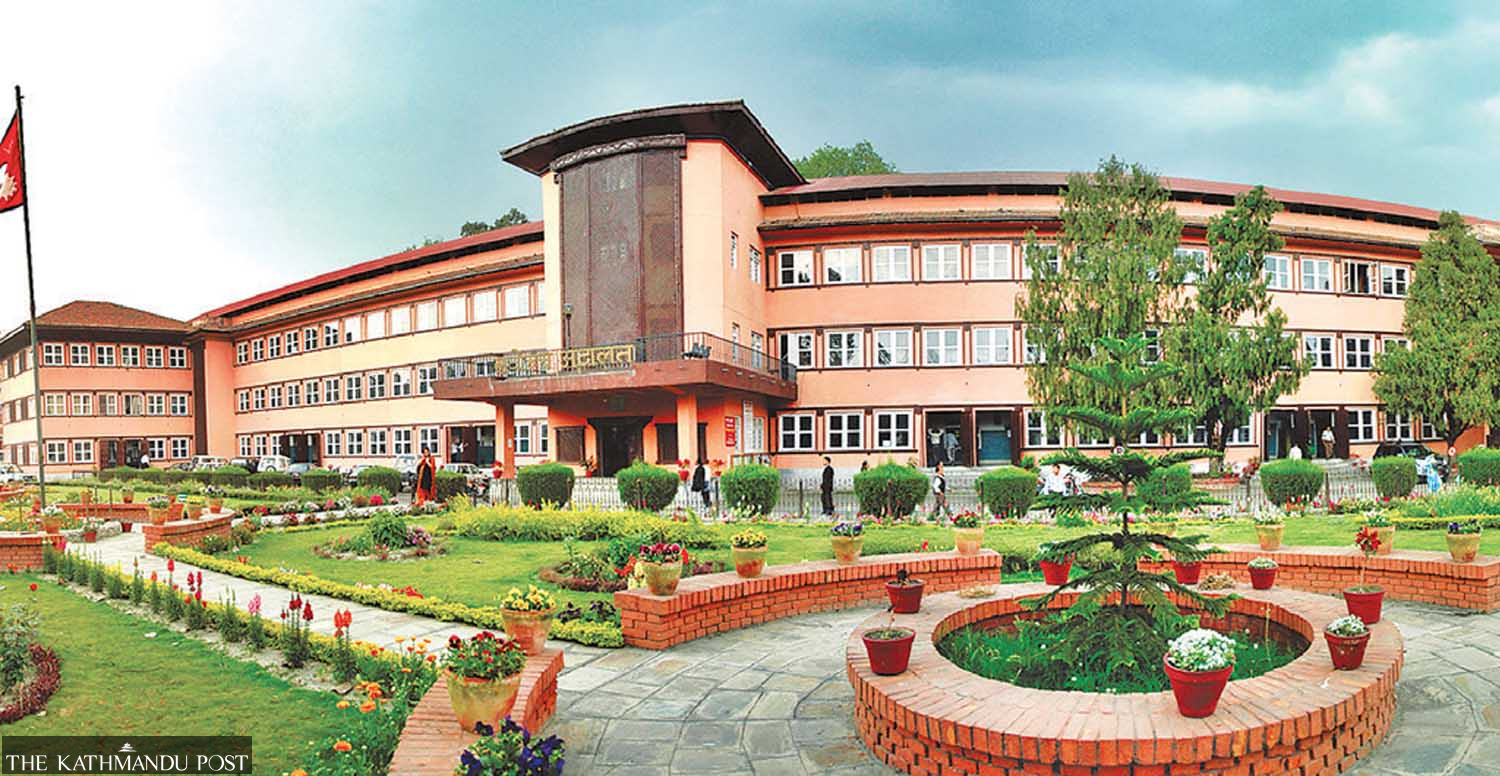

(Tikaram Sunar)
The Article 162 (2) of Part 13 of the Constitution of Nepal states: ‘The responsibility for issuing general directives, controlling and regulating the governance of the Province shall, subject to this Constitution and other laws, lie in the Provincial Council of Ministers’.
Acting on the provision, the executive power of a province is vested in the provincial government, and the Province Assembly (PA) is its legislature. The total 55 acts have been formulated between the first meeting of the first session of the PA of Madhes Province on 4 February, 2018 and the final session on 16 July, 2022.
Work on the amendment, and correction of old laws and making new ones has begun following the commencement of the first meeting of the second session of the PA on January 2, 2023.
Despite provincial laws and acts being formulated, the implementation part is lagging behind due to various reasons. Chief Minister of Madhes Province Saroj Kumar Yadav has blamed the federal government for its apathy in the implementation of important federal acts causing the deadlock.
Failure of the federal government in coordinating and fully equipping the provincial government with power has made it difficult for the provincial government to discharge its duty properly, according to him.
“For the practical implementation of the federalism that has been established on the back of the Madhes movements, we have made pro-people laws and acts for empowering Dalits, women, children and youths, and maintaining good governance while connecting the federalism to people’s lives. But the sad part is that we have to still depend on the centre for the implementation of important acts,” he said.
The government has been facing challenges of different sorts to make its presence felt by people without the bureaucracy, and the security agencies being under the provincial government, according to him.
“The provincial government should also give justice to people but not only development. But how the government discharges its duty in the context when the federal government has yet to fully equip it with power. The province has its laws, but we have to depend on the decision and laws made by the federal government for their implementation. Laws including the police administration have been in limbo for years. It is unfortunate.”
The situation has been so intense that it has been years since various six writ petitions regarding the jurisdictions of the federal and province have been filed in the Supreme Court against the Government of Nepal. Six writ petitions have been filed against the interference of the central government in the jurisdiction of the province in police administration, bureaucracy, work execution, supervision and coordination and forest management, said advocate Rakshya Ram, who is authorised to look after cases in the apex court under the Office of Chief Attorney in the Province.
The Constitution has granted separate powers to the province and concurrent powers to the federal and province. For the province, 21 separate powers have been allocated in Schedule-6 of the Constitution, 25 concurrent powers for both the federal and province in Schedule-7, and 15 concurrent powers for the federal, province and local levels in Schedule-9.
The central government should remove hurdles in making some laws for the province to exercise its separate powers. In case of concurrent powers, a tripartite coordination among the federal, province and local levels is required.
The Madhes Province has made substantial acts and laws but lacks a mechanism to implement them, viewed Birendra Thakur, chief attorney of the Province. Many problems will be resolved when the federal government is ready to create structures to this effect, he claimed.
“Earlier, 55 acts have been formulated. Now, drafts of more than eight acts have been made in a short span of time. Some of them have been tabled in the parliament. This way, there are substantial focus made on making laws and acts. But it lacks mechanisms to implement them thus creating problems,” he said.
PA member Ram Aashish Yadav concurred with Yadav and Thakur. Although the provincial government has proactively made required laws, there are difficulties in their implementation thanks to the apathy of the federal government, he said. “Besides, the provincial government has put pressure from time and again on the federal government to be serious about the implementation of the federalism. As part of this, protests and sit-ins have taken place. Writ petitions on the matter have been also filed in the Supreme Court,” he said.
The Province has proved itself by making pro-people bills for social transformation, people’s proportional participation based on population, gender equality and the promotion of good governance, said the outgoing chief attorney of the Province Dipendra Jha.
“Laws have been made. But there are hurdles in their implementation. The government should take the matter seriously and act accordingly,” he said.
Speaker Ram Chandra Mandal was of the view that there was no alternative for all to move ahead with mutual trust, coordination and understanding although there are problems in legal, and practical aspects and separations of powers when pursuing the federal setup. Struggles to implement laws and acts of the Province continue, he said.
“There are struggles and contradictions as the federal setup is a new practice for Nepal. There are some complications in the context that the province wants to exercise its maximum power while the federal is still pursuing the mindset of monopoly. But we have to move ahead in unity. Citizens of neighbouring India remained uninformed about who was ruling them until the first 15 years. Now there is a robust provincial setup. We are also in the same phase. We should move ahead by learning and correcting ourselves.”
Out of 62 bills registered with the Secretariat, 61 were tabled in the Parliament, and of them, 55 have got the form of acts, and six have been invalidated following the expire of the PA term, said the PA secretary Ranjit Kumar Yadav.
—